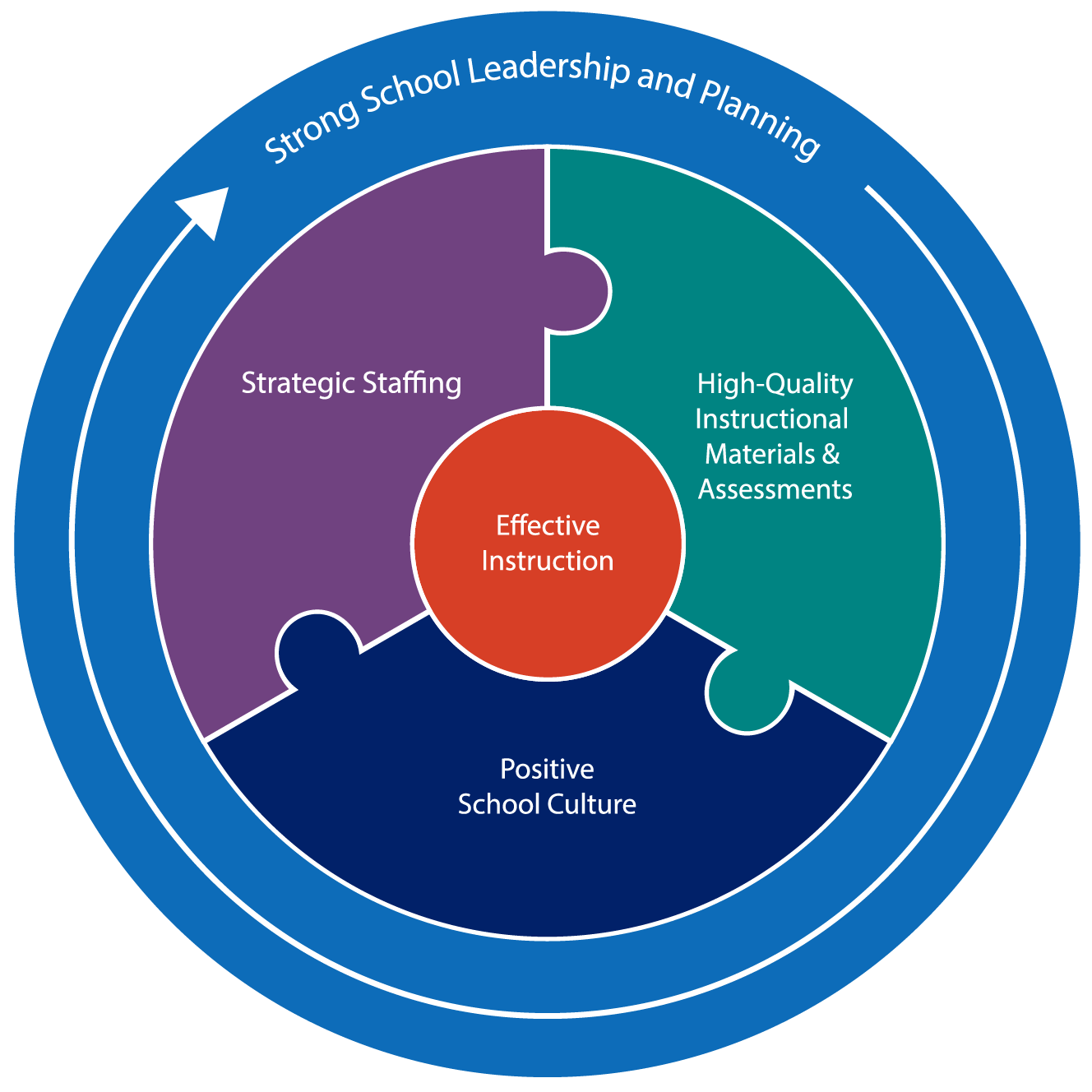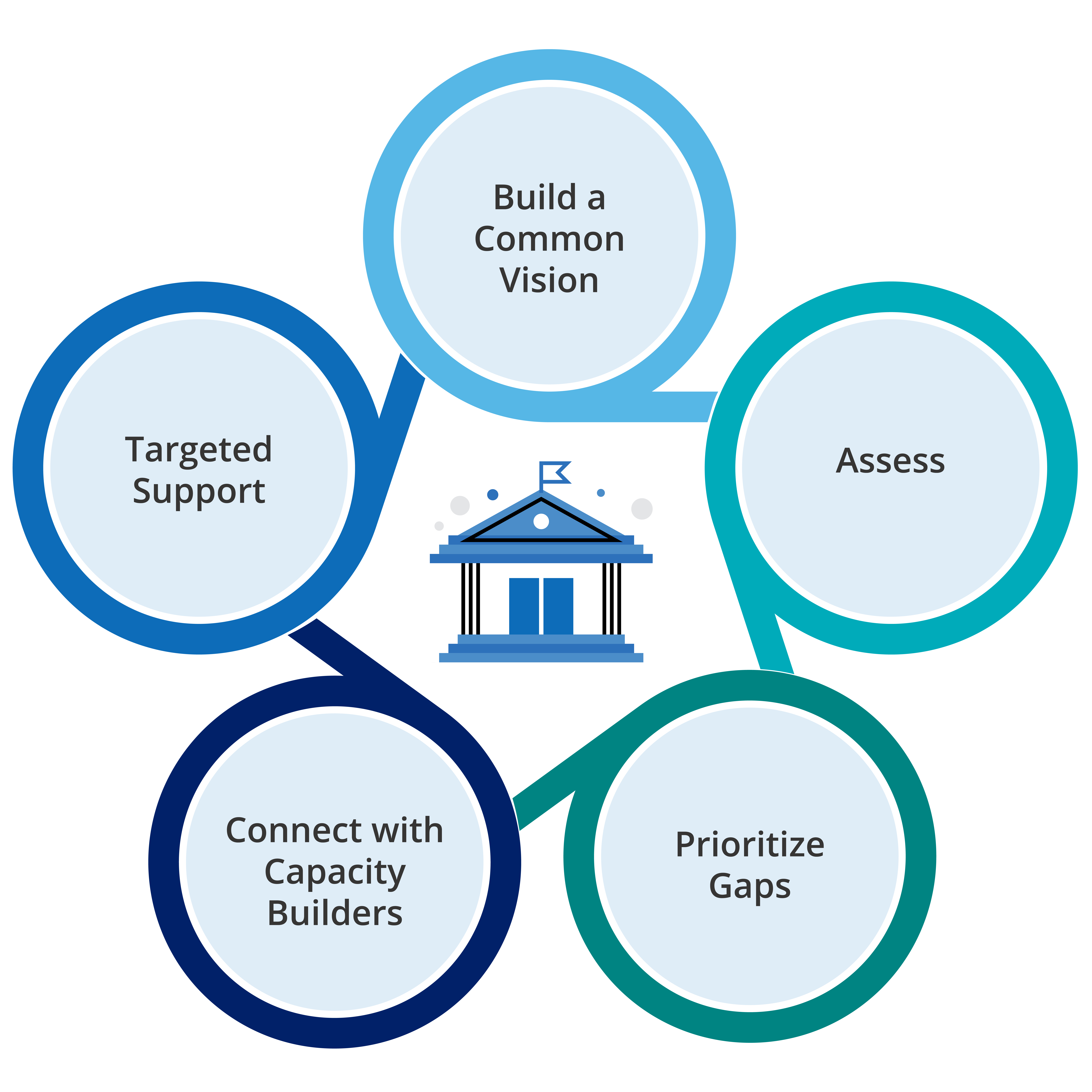Effective Schools Framework

A clear vision for what districts and schools across the state do to ensure an excellent education for all Texas students.

The Effective Schools Framework
The goal of the Effective Schools Framework (ESF) is to provide a clear vision for what districts and schools across the state do to ensure an excellent education for all Texas students. The framework, based on years of educational research of best practices, identifies 5 levers essential for successful school outcomes.
At the core of effective schools is effective instruction: interactions between students, teachers, and content determine learning outcomes. This instructional core is strengthened and supported by strategic staffing, high-quality instructional materials and assessments, and positive school culture. Strong school leadership and careful planning encompass and ensure each of these levers.
Effective Schools Framework Theory of Action
The Effective Schools Framework is a tool intended for all Texas schools. The Texas Education Agency (TEA) has codified all researched best practices into one common framework that should be used by district and campus leaders to improve system effectiveness and student outcomes. We believe that IF districts and schools build a common vision of highest leverage school practices, assess their current practices in relation to that vision, prioritize identified gaps, connect with effective capacity builders, and receive ongoing and targeted support THEN schools and student outcomes will improve.
Build a Common Vision
The Effective Schools Framework builds a common vision with clarity and specificity to codify the best practices that effective Texas schools engage in daily. District and campus leaders should consistently use language from the ESF to determine goals and communicate the vision for the organization.
Learn more about the Effective Schools Framework.
Assess
Campuses should assess current campus practices to the aspiration language of the Essential Actions in the Effective Schools Framework. This practice will act as a needs assessment to determine strengths and areas of growth. To ensure campuses and districts are appropriately prioritizing the highest leverage actions for continuous improvement efforts, the ESF Diagnostic Process serves as an effective tool to clearly identify strengths and areas of growth through the lens of an unbiased ESF Facilitator.
Learn more about the ESF Diagnostic Process.
Prioritize Gaps
Once a campus has assessed their current practices, they will prioritize 2 – 3 Essential Actions to prioritize their focus. Prioritization can be identified through a big gap/small gap analysis to narrow the focus on highest leverage actions that lead to improved systems and student outcomes.
Connect with Capacity Builders
Capacity building is a key part of the school improvement process. Campuses can partner with Vetted Improvement Partners (VIPs) or Education Services Centers (ESCs) who offer services to help improve campus practices and procedures aligned to specific essential actions of the Effective Schools Framework.
Learn More about Capacity Builders
Targeted Support
Accountability is the foundation to success in any change effort. Districts and campuses should establish an ongoing targeted support plan throughout their continuous improvement efforts. Identify the district leader who will act as the District Coordinator for School Improvement (DCSI) to ensure district commitments are being met, provide ongoing feedback and support to campus leadership, and enact effective change management techniques.
Education Services Centers (ESCs) and the Texas Education Agency (TEA) offer ongoing and targeted support to District Coordinators for School Improvement as they implement improvement plans and change management.
Learn more about SI Support.

The Purpose of the Effective Schools Framework
Common Language
- describes the statewide vision for the best practices effective schools and districts engage in daily
- was developed in conjunction with school and district leaders and included a national review of research about what makes high-performing schools excellent
Continuous Improvement
- supports school and district continuous improvement through an aligned diagnostic process
Alignment
- provides the foundation for the alignment of statewide resources and supports to the needs of Texas districts and schools
ESF Facilitators
The Effective Schools Framework Facilitator (ESFF) supports district and campus continuous improvement through the facilitation of the the ESF diagnostic process that results in the identification of prioritized practices the campus can focus on to support continuous improvement.
The ESF Facilitator collaborates with the campus principal and district leaders to lead a campus diagnostic process that results in the identification of prioritized practices the campus should focus on for improvement. The ESFF is responsible for executing high-quality, well-structured diagnostic activities, supporting campuses with a root cause and barrier analysis and identification of improvement strategies, and connecting districts with ESF aligned resources and partners.

